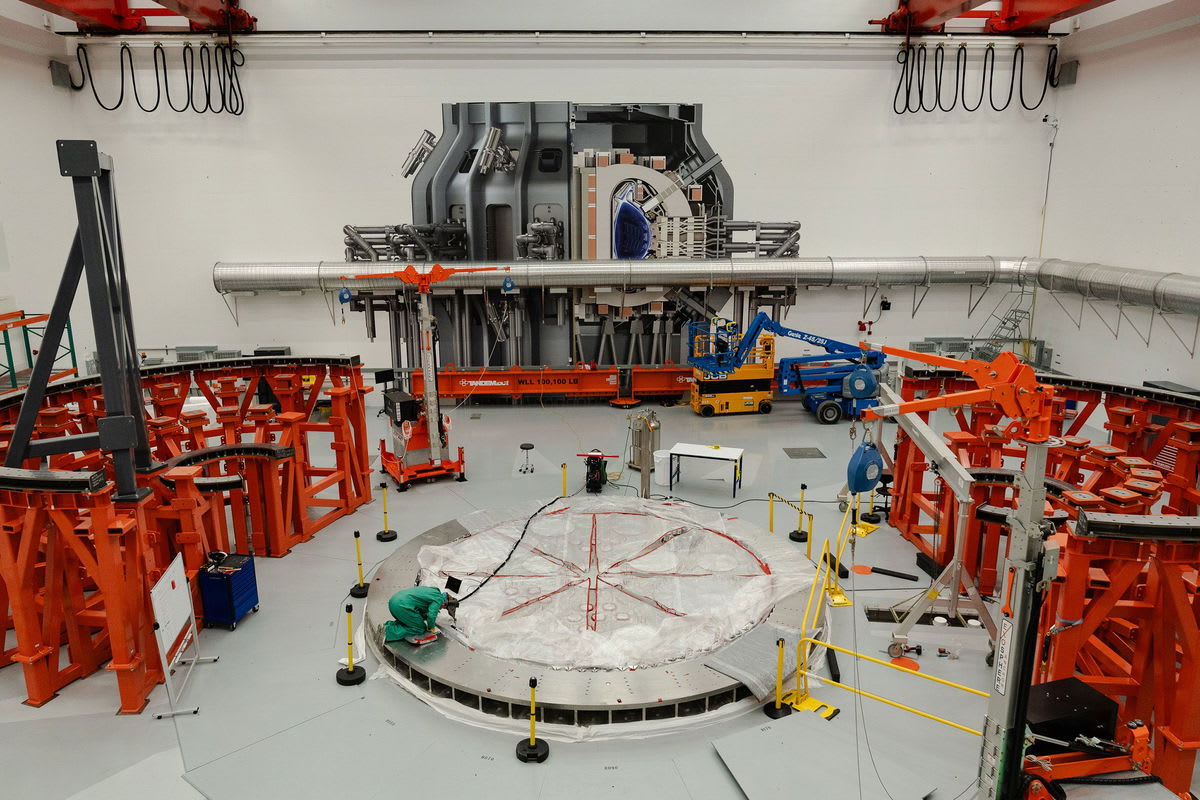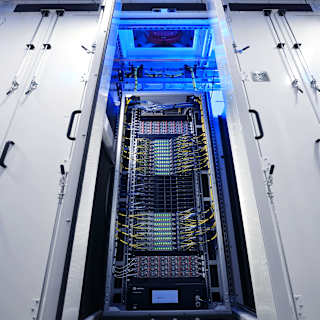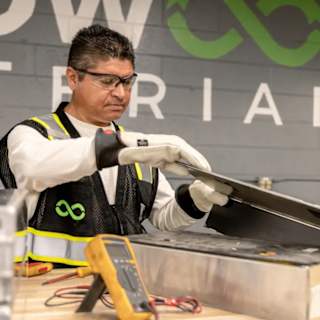- Corporate Commitment Signals Market Confidence
- Tech Giants Race for Clean Energy
- Technical Milestones Ahead
Google has signed the world's largest corporate agreement to purchase fusion energy, committing to buy 200 megawatts of electricity from Commonwealth Fusion Systems' first commercial power plant in Virginia, the companies announced June 30.
The deal represents a major step toward commercializing fusion power as tech companies seek clean energy sources for their energy-intensive artificial intelligence operations. Google also deepened its financial stake in the Massachusetts-based fusion startup, which it has backed since 2021.

The power purchase agreement covers half the output from CFS's inaugural ARC plant, scheduled to connect to the grid in the early 2030s in Chesterfield County, Virginia12. Google retains options to buy power from additional ARC facilities as CFS scales production13.
"By entering into this agreement with CFS, we hope to help prove out and scale a promising pathway toward commercial fusion power," said Michael Terrell, head of advanced energy at Google4.
The partnership represents only the second major corporate fusion power deal, following Microsoft's 2023 agreement with Helion Energy for power delivery in 20285. CFS CEO Bob Mumgaard told TechCrunch the new investment round will be "comparable" to the company's $1.8 billion Series B in 20215.
The announcement comes as Google grapples with rising emissions from its AI expansion. Despite a 27% increase in electricity consumption, the company reduced data center energy emissions by 12% in 2024 through efficiency gains and clean energy procurement12.
Google has separately committed $20 billion to renewable energy projects by 2030, partnering with developers to build solar, wind and battery storage alongside data centers3. The company also signed the world's first corporate agreement for nuclear energy from small modular reactors12.
"Fusion power is within our grasp, thanks in part to forward-thinking partners like Google," Mumgaard said4.
CFS plans to complete its demonstration reactor, SPARC, in 2026 at its Devens, Massachusetts headquarters12. The ARC commercial plant will produce 400 megawatts total, with success contingent on SPARC achieving net fusion energy in 20273.
The company has raised more funding than any fusion startup and recently joined the International Tokamak Physics Activity, marking its first participation in the global fusion research coordination body14.
"Our strategic deal with Google is the first of many as we move to demonstrate fusion energy from SPARC and then bring our first power plant on line," Mumgaard said3.





